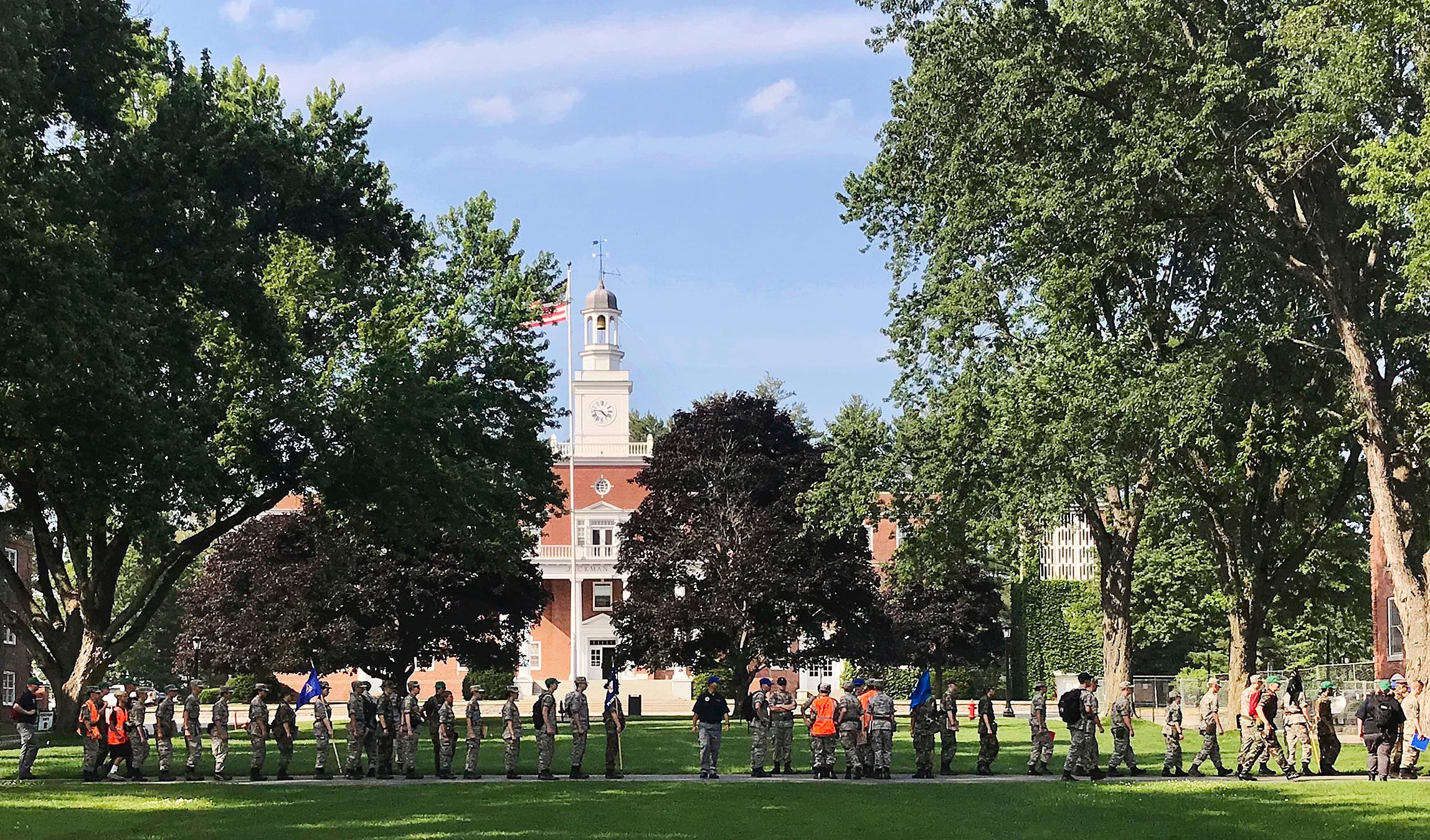Student veterans are receiving mental health care at a significantly higher rate than the rest of the veteran population, reflecting both the stressors in their lives and their willingness to seek help, according to a study from the Government Accountability Office released last week.
Researchers said the findings point to a need for Veterans Affairs officials to better publicize resources and benefits available to those veterans to ensure their needs are being met.
More than 5.9 million veterans received some type of medical care at a VA facility in fiscal 2022, according to department records. Of that group, about 40% were seeking help with a mental health condition, a number that rose steadily each year from around 30% in fiscal 2017.
But GAO researchers found that among student veterans, mental health care requests made up about 70% of all medical visits in fiscal 2022. Based on their findings, that number has remained roughly 30% for the rest of the veteran population over the six-year span studied.
RELATED

“Research suggests that student veterans face unique challenges in pursuing an education after serving in the military and experience lower grade point averages and less social support than their non-veteran peers,” the report authors wrote. “They are also more likely to suffer from anxiety, stress, depression, and suicidal ideation.”
Demographics may also be a key part of disparity. Past VA research has shown that younger veterans — particularly those under age 35 — are more open to seeking mental health care than older generations. Among student veterans, 53% of those who are under 35 have used VA for mental health issues, compared to just 32% for veterans 35 and older.
GAO researchers said regardless of the causes, the trends point to a broader need to ensure student veterans can access mental health care if they so choose.
One effort designed to help with that is the Veterans Integration to Academic Leadership program, which allows VA health care systems to partner with local colleges and universities to provide campus-based mental health support to student veterans. Currently, only 32 of VA’s 139 health care systems have such programs.
“By more regularly communicating comprehensive information across its health care systems, such as thorough guidance, VA could help ensure its systems all have the information they need to consider participating in the program,” the researchers wrote. “This, in turn, would help ensure VA’s ability to support the mental health needs of its student veteran population.”
In response to the report, VA officials said The Office of Mental Health and Suicide Prevention is developing an annual briefing on the program to encourage more partnerships. That work is expected to be completed sometime in March.
The full report is available on the GAO website.
Leo covers Congress, Veterans Affairs and the White House for Military Times. He has covered Washington, D.C. since 2004, focusing on military personnel and veterans policies. His work has earned numerous honors, including a 2009 Polk award, a 2010 National Headliner Award, the IAVA Leadership in Journalism award and the VFW News Media award.




